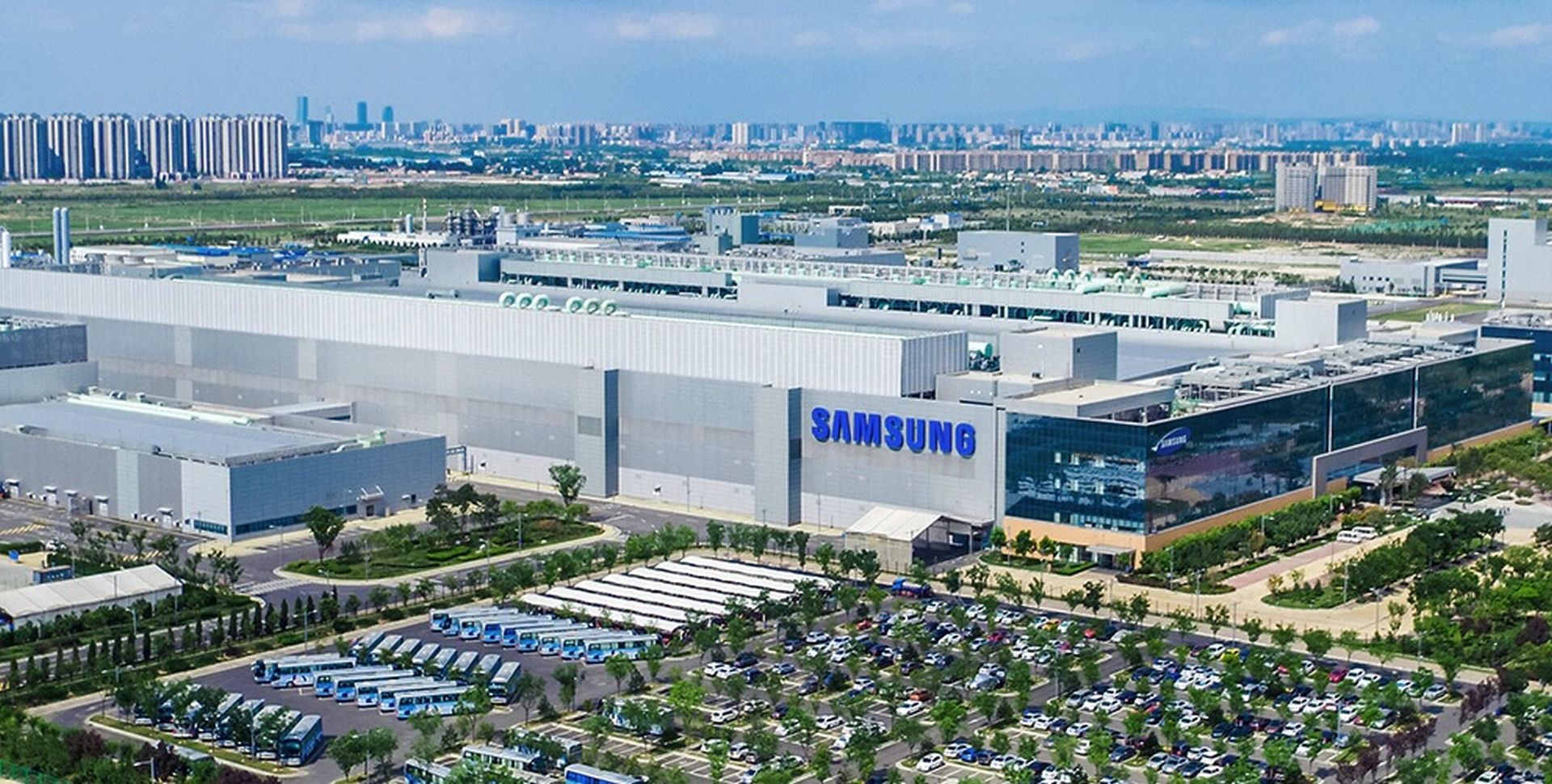Samsung revealed its plan to start the mass production of 5nm EUV chips before the end of Q2 2020 and start the development of the 3nm process this year. The company has reportedly increased its semiconductor output by about 40 percent while maintaining the same wafer input level, which means that Samsung has improved the efficiency of its production.
The South Korean firm's investment in semiconductors declined from KRW 27.35 trillion in 2017 to KRW 23.72 trillion in 2018 and KRW 22.56 trillion in 2019. Samsung spent KRW 1.66 trillion in 2018, but it had to spend KRW 1.86 trillion in 2019 due to a 12% rise in prices, which means there was no change in the number of wafers the company bought. But, the number of chips produced went up 39 percent from 711 billion gigabits in 2018 to 889 billion gigabits in 2019.
Samsung is also making improvements to its DRAM manufacturing process by converting its first-generation 10nm (1x) process into second-generation (1y) or third-generation (1z). When the company completes this process, it can make 20 to 30 percent more chips with the same number of wafers. Moreover, once Samsung uses EUV to manufacture its DRAM chips, it can make twice the number of chips using the same amount of wafers when compared to the 1x process.
In the NAND flash segment, the company recently announced that it has started developing the industry's first 160-layer flash memory. Chips manufactured using this technology are smaller than the one built using previous-generation techniques, and the productivity per wafer is 20 percent higher.
Industry experts say that China's recent massive investment in chip manufacturing will still not be good enough to defeat Samsung. Rival Chinese firm YMTC's 128-layer NAND flash chip technology is inferior to Samsung's 160-layer chips that use channel hole etching technology. The company looks well set in the semiconductor space right now.

